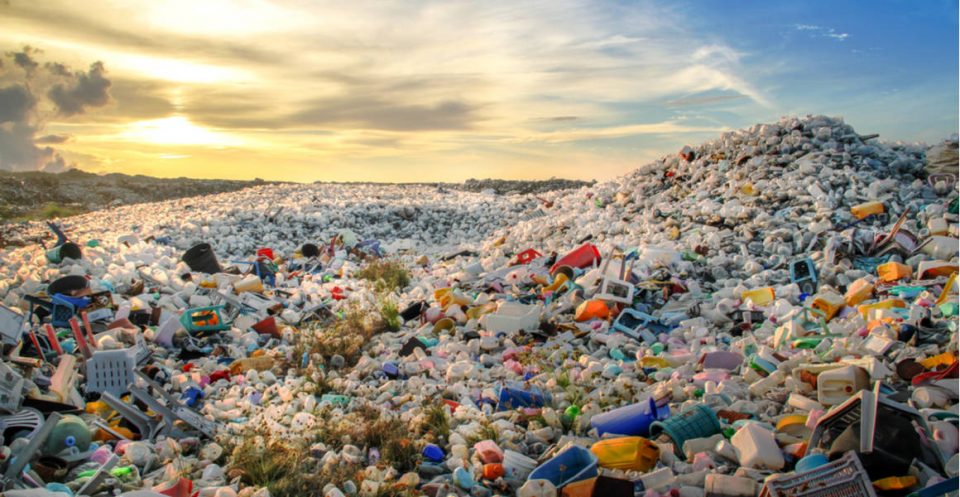What’s the problem with plastic?
Plastic is everywhere. We carry it around in our clothes and phones, use it to store our food and drink, and even breathe it in. A 2017 study estimated that over 8.3 billion tonnes of plastic have been produced, increasing at a rate of around 300 million tonnes a year.
It’s a far cry from the origins of plastic. What we generally refer to now as plastic are synthetic materials which are often made from hydrocarbons, but plastic is any material made from polymer chains.
Some of the earliest materials that can be considered plastic, such as rubber and shellac, have been used by people for millennia. Produced from animal and plant-derived materials, attempts to source alternatives led to the development of early artificial plastics in the mid-1800s, such as celluloid.
However, these materials still used organic materials such as cotton. Around 50 years later, the first truly synthetic plastic was invented by Leo Baekeland in 1907. This led to a variety of new materials, including Nylon, Perspex and Teflon, being created with applications across a wide range of industries.
However, the amount of plastic being produced was still relatively small, at least by today’s standards. But as more applications were discovered, and cheaper plastics could be produced, demand rose significantly. This led to plastic waste becoming a serious issue.
In addition to the obvious waste being discarded, scientists have more recently discovered the hidden issue of microplastics. Non-biodegradable plastics continue to break down into smaller pieces, producing fragments that can be millimetres in size.
While the health impacts are uncertain, some studies suggest they can block the digestive system, carry toxic chemicals, and may even break down into smaller nanoplastics that could enter the bloodstream.
Public awareness of plastic pollution has increased in recent years as the result of global initiatives as well as high-profile documentaries such as Blue Planet 2. This has now culminated in national governments voting to take action.


